Last month I helped commission a new “Mini Vinnies” group which will operate at one of our parish primary schools.
I hadn’t heard of Mini Vinnies before, so I visited the Gr 3-6 students at St. Joseph’s School Penshurst, on Friday to get the run down. It’s impressive stuff!
Here is the explanatory speech that Madeline, the vice president of the Mini Vinnies group, delivered on Sunday the 2nd of June 2013:
The St Vincent de Paul Society (Mini Vinnies) is a great part of our world. They help the poor, the homeless, and the starving. They help by giving food to the starving, a home for the homeless, and money to the poor.
Recently we’ve been discussing whether we (our school) should start a Mini Vinnies group. We’ve decided to make it a school activity. We have all gathered here today to support our school in this mission. All across the world, people are homeless. We can prevent this from happening.
I know you might think this is a big job for little people, but we’ve got big ideas — to maybe save some poor or homeless person’s life. We can only make this happen with your support, so please give us a chance to make Mini Vinnies a success.
When Madeline says the students had been discussing this before taking action, she really isn’t kidding! Someone from the St Vincent de Paul Society first visited the school last December, proposing what Mini Vinnies is and what it involves.
So for about six months, the senior students have considered the project, at an individual level and at a class level. The teachers are supportive, but it was the students’ call, and it’s their initiative.
On Friday, the students explained to me that as Mini Vinnies, they will be especially attentive to seeing, thinking, and doing. Lots of people do one or two of these steps, but Mini Vinnies do all three of them.
That’s based on the Cardjin method of course, which Pope John XXIII recommended in Mater et Magistra (1961):
236. There are three stages which should normally be followed in the reduction of social principles into practice. First, one reviews the concrete situation; secondly, one forms a judgment on it in the light of these same principles; thirdly, one decides what in the circumstances can and should be done to implement these principles. These are the three stages that are usually expressed in the three terms: look, judge, act [see, think, do].
237. It is important for our young people to grasp this method and to practice it. Knowledge acquired in this way does not remain merely abstract, but is seen as something that must be translated into action.
The students also told me about St Vincent de Paul and Bl Frédéric Ozanam, and how these saints demonstrate that the Mini Vinnies mission isn’t just about financial assistance, but also — and more importantly — it’s about love.
I told them a story about Bl Teresa of Calcutta, and they agreed this is the sort of thing Mini Vinnies is about. When Mother Teresa visited Australia, she famously advised her listeners not to give money to street beggars. If we’re able, we can offer to buy them a meal at a nearby café or McDonald’s, but the most important thing is to look them in the eye, shake their hand, and have a conversation with them. Human contact, she said — love and affection, basically — is much more beneficial than money.
That’s all very well in Melbourne, of course, but there aren’t any street beggars in Penshurst, Victoria (pop. 461). This doesn’t daunt Australia’s newest Mini Vinnies.
The Penshurst Mini-Vinnies have already formed four groups: a Public Relations group (advertising), a Communicators group, a Prayer group, and a Setterupperers group. (How’s that for a neologism!) They will meet once a month, they have started raising funds already, and they are determined to see and think and do — both as individuals, and as a group.
May St Vincent and Bl Frédéric intercede for them!

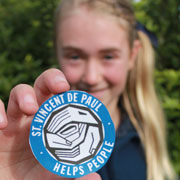
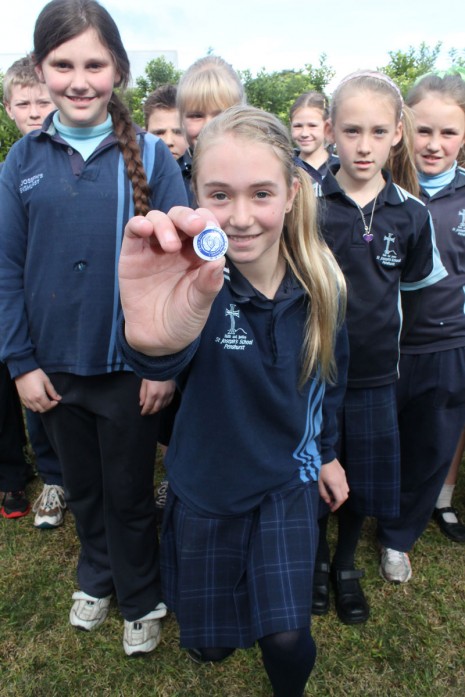
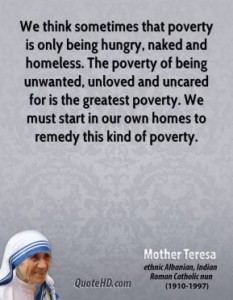
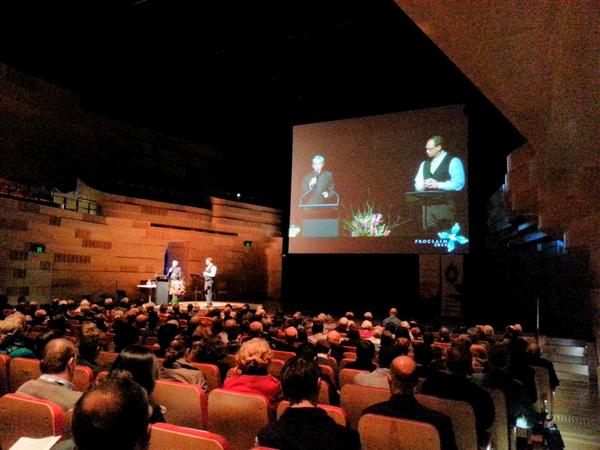
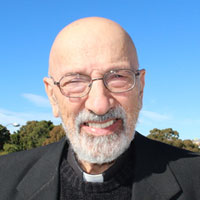


Recent Comments